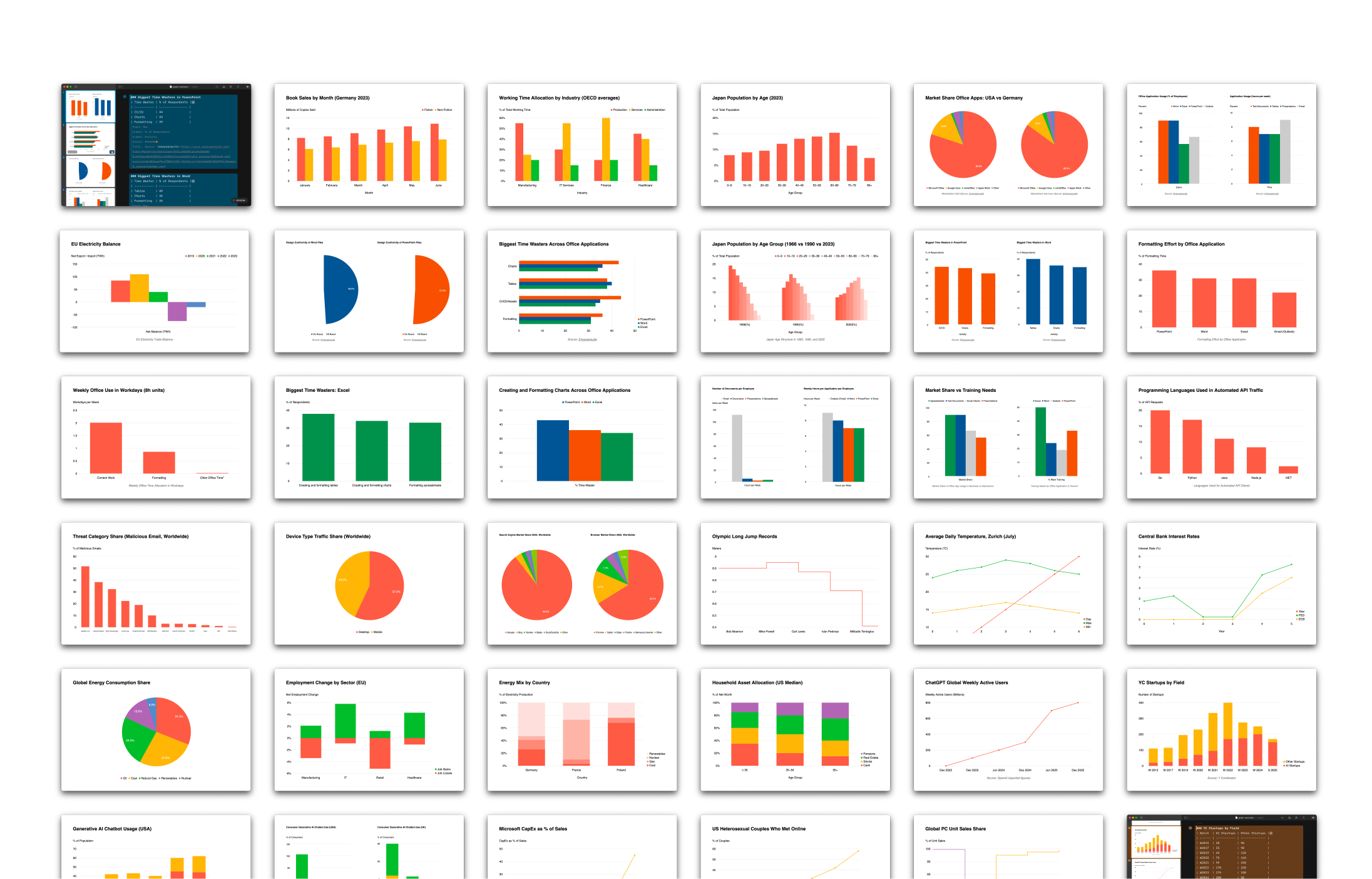“Only write when you have something to say.” It’s short and sound advice. Like “Think before you speak.” But, how do we know if we have something to say? Something to say to whom? Is there some other way than speaking to find out if we had something to say? Is there a formula?
“Only write when you have something to say” almost sounds like writing is for geniuses. Does it have to be the world listening? Not everything you feel needs to become a tweet with 1,500 shares, a post with 716 comments, the lead article in The New York Times or an international bestseller that will fuel a Porsche. Not every fart deserves a ticket to eternity. It is not easy to find someone who listens to us when we have something to say. But we all know people to whom we have something to say and who might listen. If you have emotions, you inevitably feel like sharing them with someone you care for, friends and enemies, family and neighbors, colleagues and clients, children and parents. If you write for them, from inside, carefully, you inevitably have something to say.
What we strongly feel about, deserves attention and reflection. It deserves thought until it makes sense or turns into something else.
But what if you feel an inner urge to change the world? The most obvious way to improve the world is to sit down every day and think for five minutes. Imagine everybody did this! Everybody has five minutes… Yeah. It won’t happen. But you could do it. Try it. Now. Think about what you have read so far and what you’d conclude from that. Or think about anything you like…
Thinking is painful, isn’t it? It’s math without paper and pen. It’s 284 × 377 in your head. You could calculate that as well. Now. Try it. Yeah. Won’t happen. It hurts. Keeping numbers echoing in one part of your mind while you multiply other numbers somewhere else hurts. And then there is this whole method of solving this calculation that you need to remember and follow step by step. If you do it with pen and paper, it’s easier. You see the numbers in front of your eyes. You don’t have to think about several things at once. There is a higher chance you calculate with pen and paper than without.
Same when you think. Without pen and paper, you need to keep the question, and your will to answer it, and all the sentences on your way to the answer in your head. Memorizing while thinking causes pain, and stress, and fear—both in math as well as in thinking with words. Keeping things in your mind while thinking hurts. The fear of forgetting the pieces to solve the puzzle, the worry of putting them together all wrong doesn’t make it easier.
With a calculator, math is a walk in the park. Maybe, one day, machines will do our thinking for us—so we can go upstairs and watch Game of Thrones. And what would machines have to say? They will approximate what we feel. They already do that but it is easier when we all watch Game of Thrones. By sending well-calculated messages to our friends (while they watch Game of Thrones), our machines will calculate magnificent responses. It’ll be amazing and hilarious, genius, maybe. Like HAL playing chess against HER. Four-dimensional, wet and confused human feelings will not have to be involved. Our 86 billion neurons, our quadrillion interconnections and the delicate states of our 1,000 proteins at each connection points can be used for pure pleasure. No spelling errors. Perfectly clean. Funny, too.
In the meantime, thinking is the best bet to understand what is happening inside us. Writing is our best tool to ease the pain of thinking. Writing still hurts, but it hurts less than thinking. It’s math with words. If you write for five minutes every day, you think for five minutes. This is how you get started. If you write for people you care about, think about them, for them, with them, tell them how you feel—you’ll see that 30 minutes pass in the blink of an eye. And, who knows, maybe, if you write for people you care about, truly, one day, maybe, suddenly, people you don’t know will listen.








